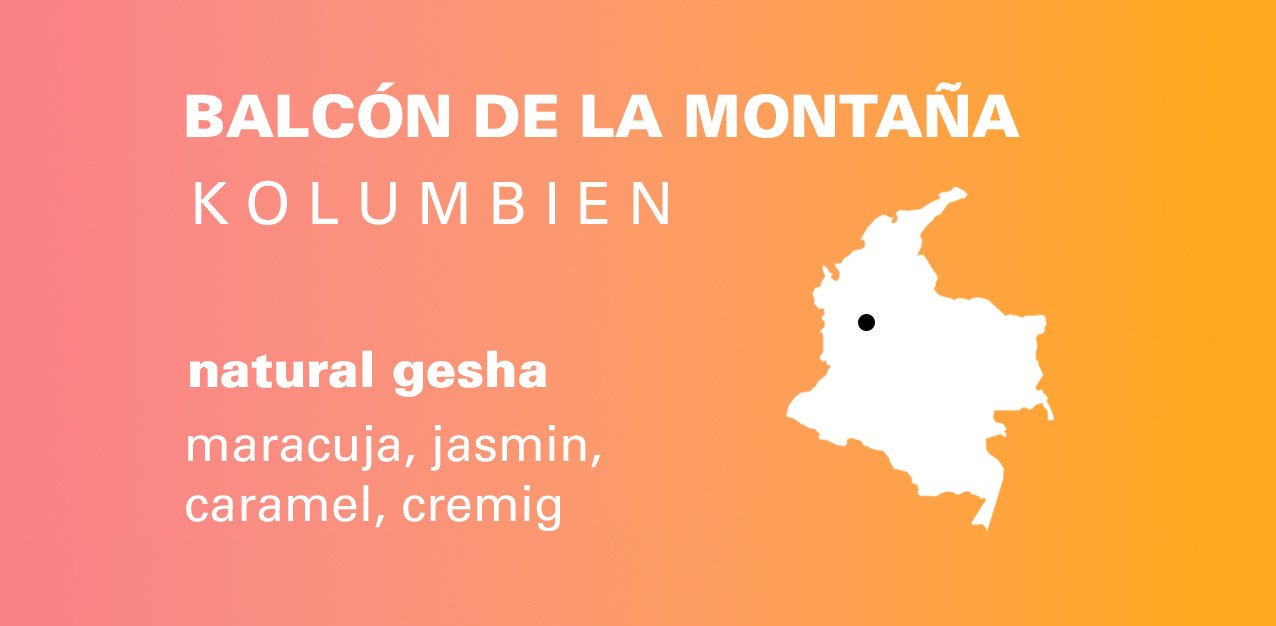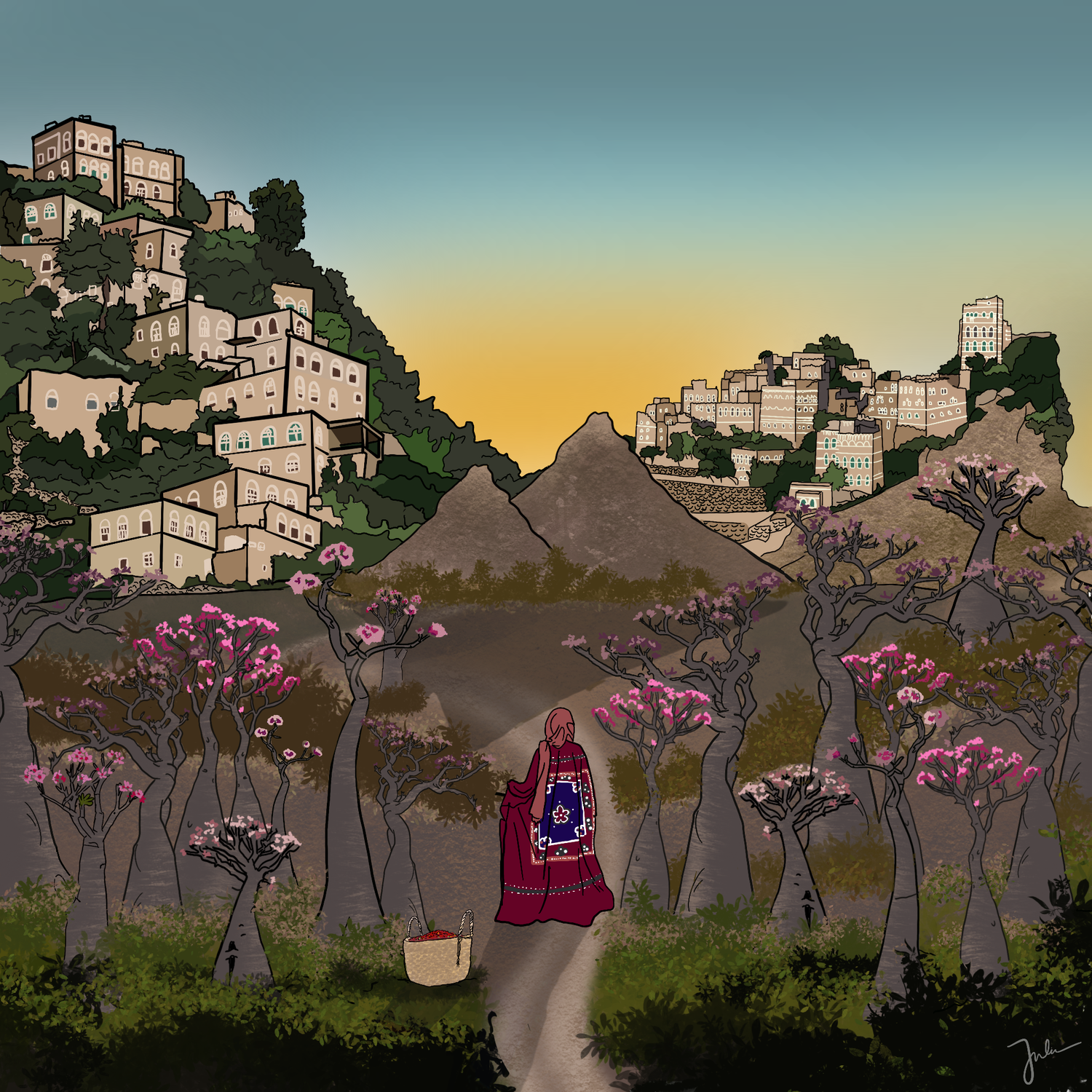
News from the Roastery: December 2022
Share
HELLO BEANS!
We’re here to wish you a lovely evening and send you a few updates from the roastery. We’ve had a busy, and sometimes thrilling time at the roastery, but the coffees are tasty and we’re happy.
DECEMBER HOLIDAYS
We will be closed from Thursday Dec 22 until Monday January 02.
This means that the last day that we will ship with DHL is 22 December. Last orders are due before midday on Tuesday 20.12. We will not be able to fulfill any orders that arrive after this deadline.
The first delivery day of the new year will be Thursday 05 Jan. Please ensure that you have enough coffee to last the entire 14 days.
🌍 NEW COFFEES🌍
We have some very tasty new coffees in the building. These include some old favourites on a glorious comeback tour, and some coffees that we’re roasting for the first time. We’ve never had such a wide range of flavours, prices, and geographic origins.
🌞 APPROACHABLE🌞

Kikai Grade C
The global coffee industry still bears many of the hallmarks of colonialism, and Kenya’s coffee sector is one of the areas where extractive relationships and power-imbalances remain the most visible. Kenya’s coffee trade is dominated by multinational companies who buy coffees at auction in the colonial-era Nairobi Coffee Exchange (NCE). The country has a strict grading system that allows international buyers to cherry-pick the best coffees without engaging with producers and while taking very little risk.
Until 2017, all coffee in Kenya had to be traded via the NCE. New regulations now allow growers to sell directly to buyers outside the country, a process known as “second window” sales. The 2017 legislation has vastly improved levels of transparency in the Kenyan coffee industry and allowed producers to take greater risks with experimental processing (such as natural lots, which are extremely rare in Kenya) because they have a guaranteed buyer. However, the primary beneficiaries of direct trade opportunities tend to be established producers with a large international outreach.
We purchased this coffee from Vava Coffee via the platform Algrano. Algrano act as facilitators: providing logistics services and a platform where local exporters or producers can market their own coffees. Vava Coffee’s founder, Vava Angwenyi sees this model as a “third window,” in which a local Kenyan company can act as an exporter. This allows producers to bypass the volatile auction system, while offering communication and logistics links between small producers and international customers.
Vava is a self-described “coffee producer, exporter, and catalyst for change.” She is also the author of an incredible book, Coffee, Milk, Blood, where she uses narrative and photography to disrupt [post-]colonial lenses through which coffee-consumers view coffee-producers. We strongly recommend the book, as well as this webinar by Coffee Coalition for Racial Equity where Vava speaks about “Black women coffee farmers transmitting their own narratives and images into coffee’s global culture.”
All exportable coffee in Kenya is graded according to screen size. At the dry mill, beans are placed into large mechanical sifters. The largest beans are awarded the highest grade AA, followed by AB, Peaberry (small round beans) and C. Despite making up a significant proportion of the cherries harvested, C-grade beans are often forgotten in the race to secure the most desirable and acidic Kenyan coffees from each harvest (trust us, it really is like a cupping/slurping/buying race). C-grade coffees may not be as bold and bright as AA or AB coffees, but we think that–because of producers’ skill and Kenya’s incredible terroir–they can make superb coffees. Buying a variety of grades means that we share a more realistic selection of the coffee that actually gets produced, and we can offer you coffees at more affordable price points.
This Grade-C lot was grown by a small cooperative in Western Kenya, near the border with Uganda. The cooperative planted their first coffee trees in the 1950s and now run two mills (factories) known as Kikai and Kutere. The coffee is naturally full-bodied and we roast it to emphasise its rich and sweet flavours. We taste caramel, baking spices and blackberry jam.

Altamirano Family - Mexico
We source this coffee through the wonderful team at Bean Voyage, a feminist, non-profit enterprise that work with women producers. They help to facilitate training through gender- and tech-inclusive methodologies, and focus on the well-being of producers, beyond monetary income. Their ultimate goal is to reduce the income gender gap in coffee farming communities.
Bean Voyage have focussed their operations in Costa Rica, and this is the first harvest that they’re exporting coffee from Mexico. Thanks to Falcon Specialty for importing these delicious beans!
🌟 SOMETHING SPECIAL🌟

Balcón de la Montaña Colombia -
Natural
Mauricio’s Duque’s coffee farm is named “Balcony of the Mountains” and we can’t imagine anything more beautiful. This particular coffee was included in a blind cupping that we attended at World of Coffee in Milan and we fell in love with it immediately.
World of Coffee events can sometimes feel like a whirlwind… you taste so many coffees and meet so many incredible people, it sometimes feels hard to come away with anything tangible after three days of caffeinated convention-centre haze.
We’re very excited to be able to buy and share Mauricio’s coffee and we hope that you’re taken-aback by it too.

Bani Al-Nahimie -
Yemen -
Anaerobic Natural
Some of you may remember the beautiful coffee from Wadi Al-maa in Yemen that we roasted last year and shared along with our friend Julie’s beautiful illustration.
This coffee is from the same region as Wadi Al-maa and we purchased it through the same importer, Mocha Mill. It’s processed using anaerobic natural fermentation: this means that whole cherries are fermented in a low oxygen environment (usually a sealed barrel or tank) for 1-2 days, before laid to dry in the sun. Fermentation in these conditions leads to the production of lactic acid, leaving us with creamy flavour and mouthfeel in the coffee.
Illustration: Julie Baudet (if you ever want hilarious and deeply realistic visual depictions of the life of a coffee-importer, check out her work)
🇨🇴 COLOMBIAN COFFEE HAS IT ALL🇨🇴
For us, Colombian coffee ticks all the boxes. We love buying coffees from Colombia because you can find the entire flavour spectrum from earthy to floral to chocolate to citrus. We buy the vast majority of the Colombian coffees that we roast from Azahar. We were due to visit Colombia with them in November, but alas!, injuries threw a spanner in the works.
Azahar helped create A Sustainable Coffee Buyer’s Guide, which has now evolved into an independent platform and tool to help buyers (roasters and importers) get a sense of what prices they should pay in order to provide a more sustainable income for producers, not just what the market demands. We find their model and approach very inspiring, and we’re proud to be able to buy coffees from the same producers every harvest through them.

Diomet Montano
Diomet is the brother and neighbour of Hernan Montano, who we have purchased coffee from for the last three years. Expect a balanced and bold cup, with lots of body.
We were introduced to Diomet and Hernan’s coffees by Azahar, a green coffee exporter and roasting company in Colombia. Azahar recognise the environmental and financial precariousness of the coffee industry in Colombia and are committed to investing in small-scale producers. We see this as particularly important due to the volatility in the Colombian coffee market and the impact of unseasonal rains caused by climate change.
Passiflora
This is our second year buying coffee from Passiflora in Tolima. 35 coffee-farming families near the town of Planadas, Tolima, have partnered with Cedro Alto and Azahar to export a community lot.
We love the fruitiness of this coffee. It’s the Capri-Sun of the coffee world.
You can read Cedro Alto’s transparency report for the last harvest of this coffee here. The report for this harvest is coming soon!
Luis Alberto Jojoa
We’re proud to have worked with coffees from Luis Alberto Jojoa for three harvests now. We love the creamy, yoghurt-like character of his coffees, which he achieves through expert fermentation.
Luis Alberto has perfected a processing style of his own: he de-pulps 50% of the cherries and places them in the water fermentation tank. After 24 hours, he adds the remaining 50% of freshly de-pulped cherries. He then removes the entire lot after 48 hours.
In short, this means that coffee beans within the same microlot have different fermentation times, resulting in a coffee with layers of flavour and complexity. This technique helped him to win the prestigious Cup of Excellence Award in 2009, an achievement which helped him to really kick start his career and the reputation of his farm, Finca la Perla del Otún.
100G RETAIL BAGS, GIFT VOUCHERS, TASTING PACK
We know that some of the special coffees we’ve been offering lately come with a special price tag. We already do our best to keep prices low, but experimental coffees involve higher risk for growers and cost more to produce.
To help ease the wallet-burn, we’ve introduced 100g retail bags for our more special coffees. This means that you can always take a bag home for under 15€.
We’re also excited to introduce a tasting pack, which will feature 100g of all four Colombian coffees. Spot it on the webshop. :)
You can spot these as digital or physical products on our B2C webshop.
💐 CONGRATULATIONS TO…💐
Finally, we’d like to shout out a big congratulations to two new openings:
-Spiers a brand new spot near Görlitzer Park, with delicious ready-to-eat food and coffee from Cafeina Women’s group
-Pars Pralinen: you might know their delectable pralines. They’ve recently opened a stunning restaurant in Charlottenburg.
